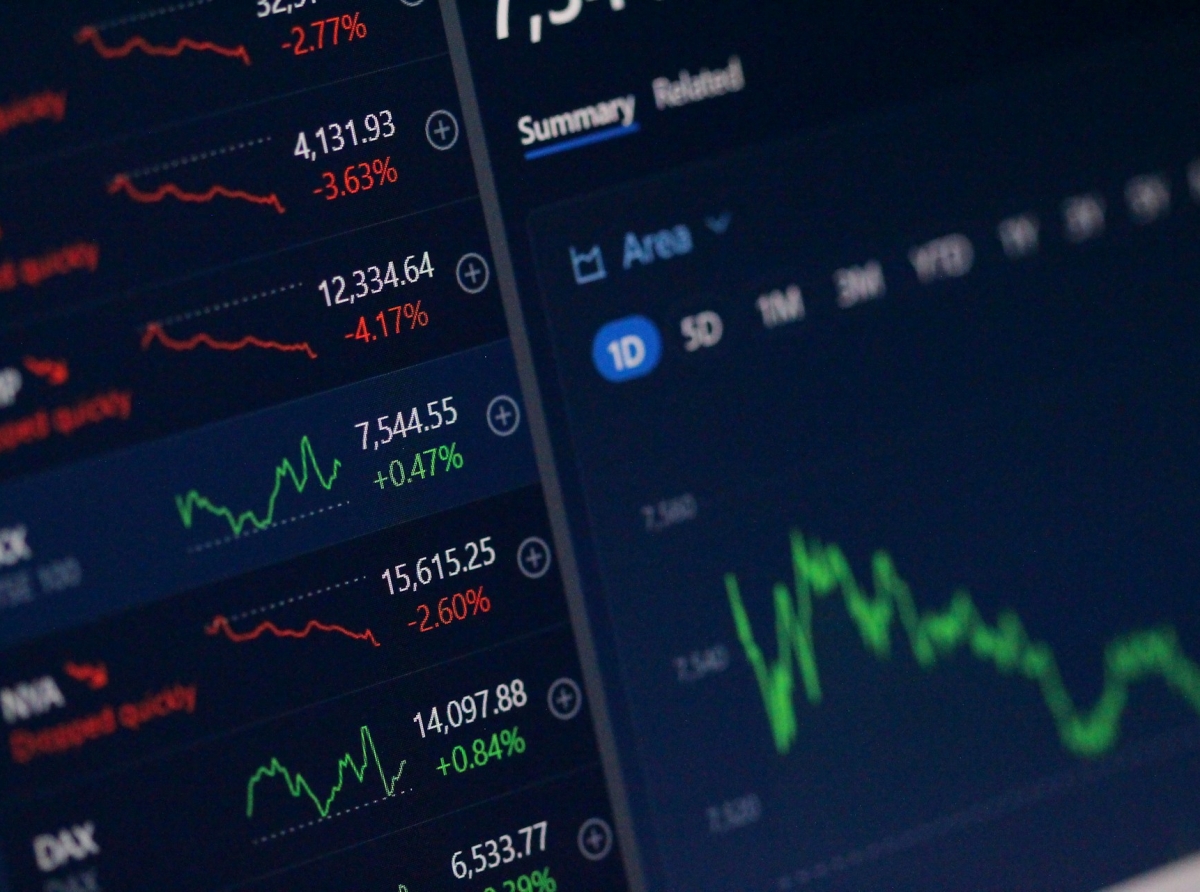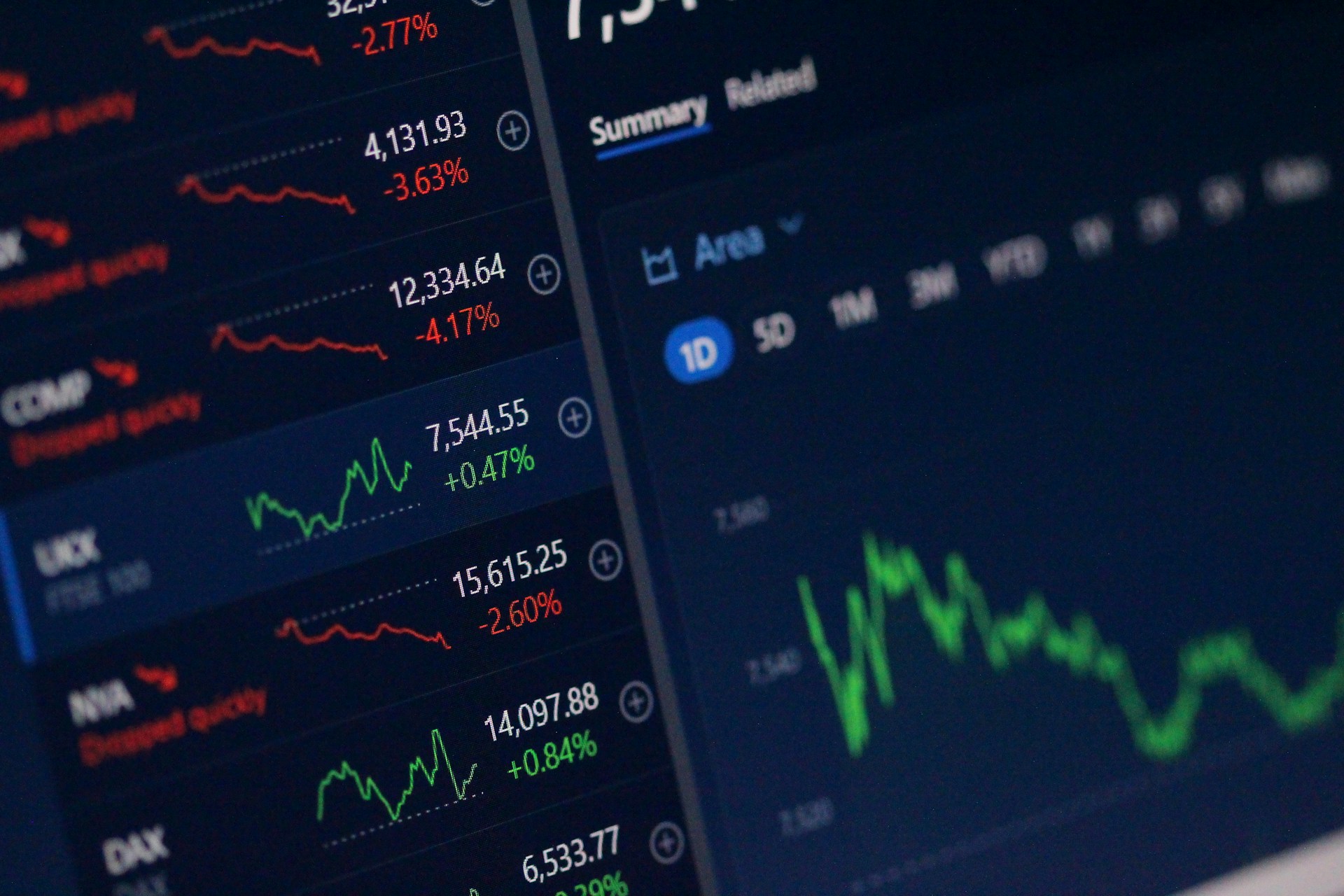Participation of Major Players in Forex Trading: What Traders Need to Know

Participation of Major Players in Forex Trading: What Traders Need to Know
Forex trading, or foreign exchange trading, is the largest and most liquid financial market in the world, playing a pivotal role in the global economy.
With an average daily turnover exceeding $6 trillion, it dwarfs other markets like stocks or commodities.
For traders, understanding the complexities of Forex is crucial for success. Among these complexities is the influence of major players in the market.
With an average daily turnover exceeding $6 trillion, it dwarfs other markets like stocks or commodities.
For traders, understanding the complexities of Forex is crucial for success. Among these complexities is the influence of major players in the market.

Participation of Major Players in Forex Trading: What Traders Need to Know
Identification of Major Players
In the Forex market, several key entities hold significant sway over currency movements. These include:Central Banks: Responsible for national monetary policy, central banks like the Federal Reserve or the European Central Bank can impact exchange rates through interest rate decisions and interventions.
Commercial Banks: As primary facilitators of Forex transactions, commercial banks not only execute trades on behalf of clients but also engage in proprietary trading.
Financial Institutions and Hedge Funds: They are involved in substantial speculative activities and portfolio management that can lead to large-scale currency transactions.
Corporations: Multinational corporations participate in Forex to hedge against currency risk arising from international operations.
Governments: Through fiscal policies and economic announcements, governments can influence currency values indirectly.
Roles and Influence of Major Players
Each major player has distinct roles and influences that shape Forex dynamics:Central Banks: By adjusting interest rates or intervening directly in currency markets (buying or selling currencies), they stabilize or devalue their national currencies based on economic objectives.
Commercial Banks: Their vast network and involvement provide liquidity to the market, affecting volatility and price movements.
Financial Institutions: Through strategic trading positions and large order volumes, they contribute to trend formations and short-term fluctuations.
Corporations: By converting large amounts of foreign currency for business operations, they can inadvertently affect demand-supply dynamics.
Governments: Announcements regarding fiscal policies or geopolitical developments can lead to sudden shifts in trader sentiment.
Impact on Individual Traders
For retail traders, the actions of these major players necessitate careful strategy development:Market Sentiment Analysis: Traders must monitor central bank meetings, policy changes, and government announcements as these events often precede significant market movements.
Risk Management Strategies: Understanding potential volatility from institutional trades helps in setting appropriate stop-loss levels and leveraging cautiously.
Technical Analysis Adaptation: Observing patterns formed by institutional activities can refine chart analysis techniques for retail traders.
Conclusion
The involvement of major players is a fundamental aspect that shapes Forex trading environments.
By comprehending their roles and impacts, individual traders can better anticipate market movements and adjust their strategies accordingly.
This knowledge not only equips traders with insights into potential opportunities but also prepares them for managing risks inherent in the dynamic world of Forex trading.
Forex trading, Major players, Market dynamics, Trading strategies, Risk management
The involvement of major players is a fundamental aspect that shapes Forex trading environments.
By comprehending their roles and impacts, individual traders can better anticipate market movements and adjust their strategies accordingly.
This knowledge not only equips traders with insights into potential opportunities but also prepares them for managing risks inherent in the dynamic world of Forex trading.
Forex trading, Major players, Market dynamics, Trading strategies, Risk management









Report
My comments